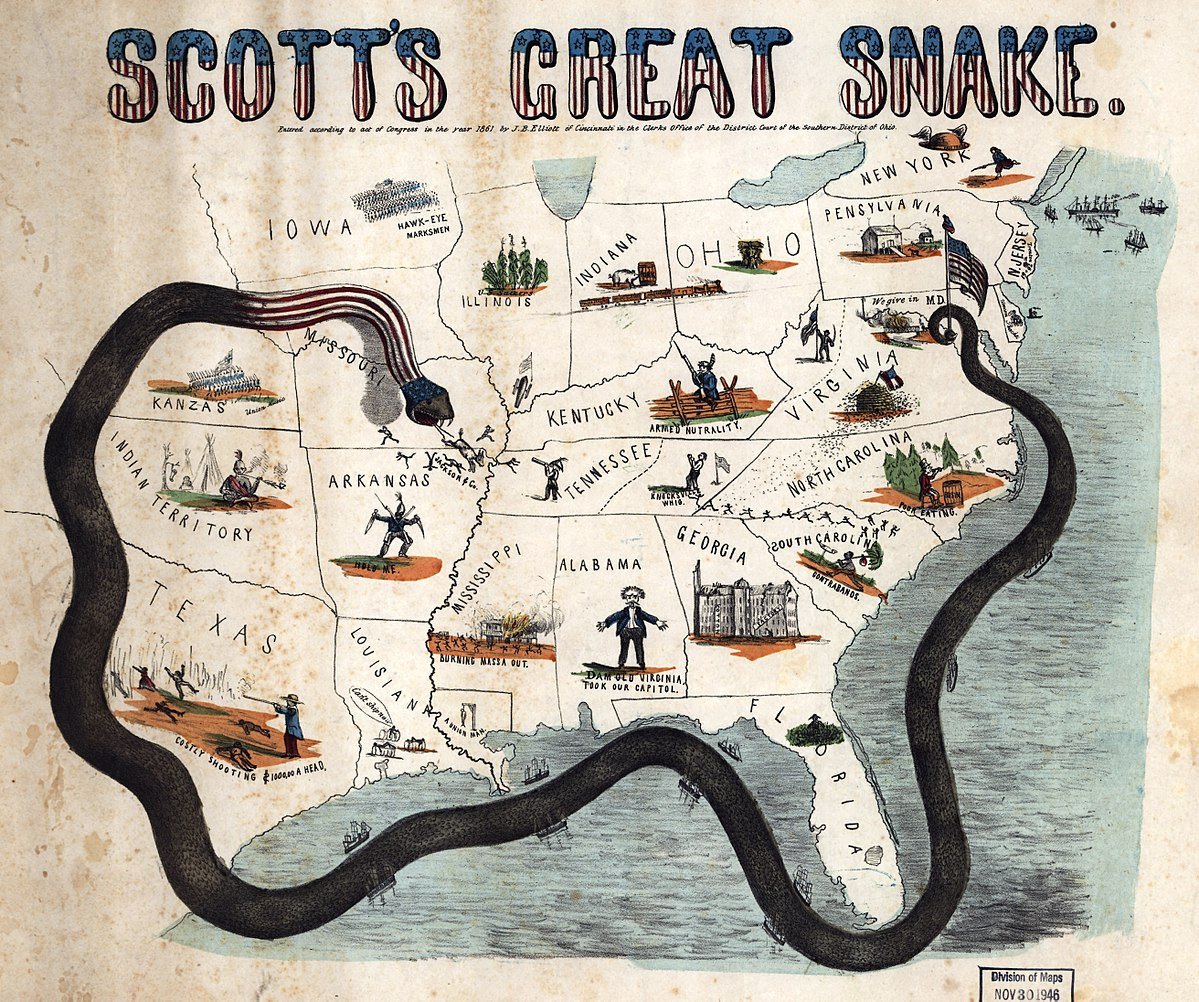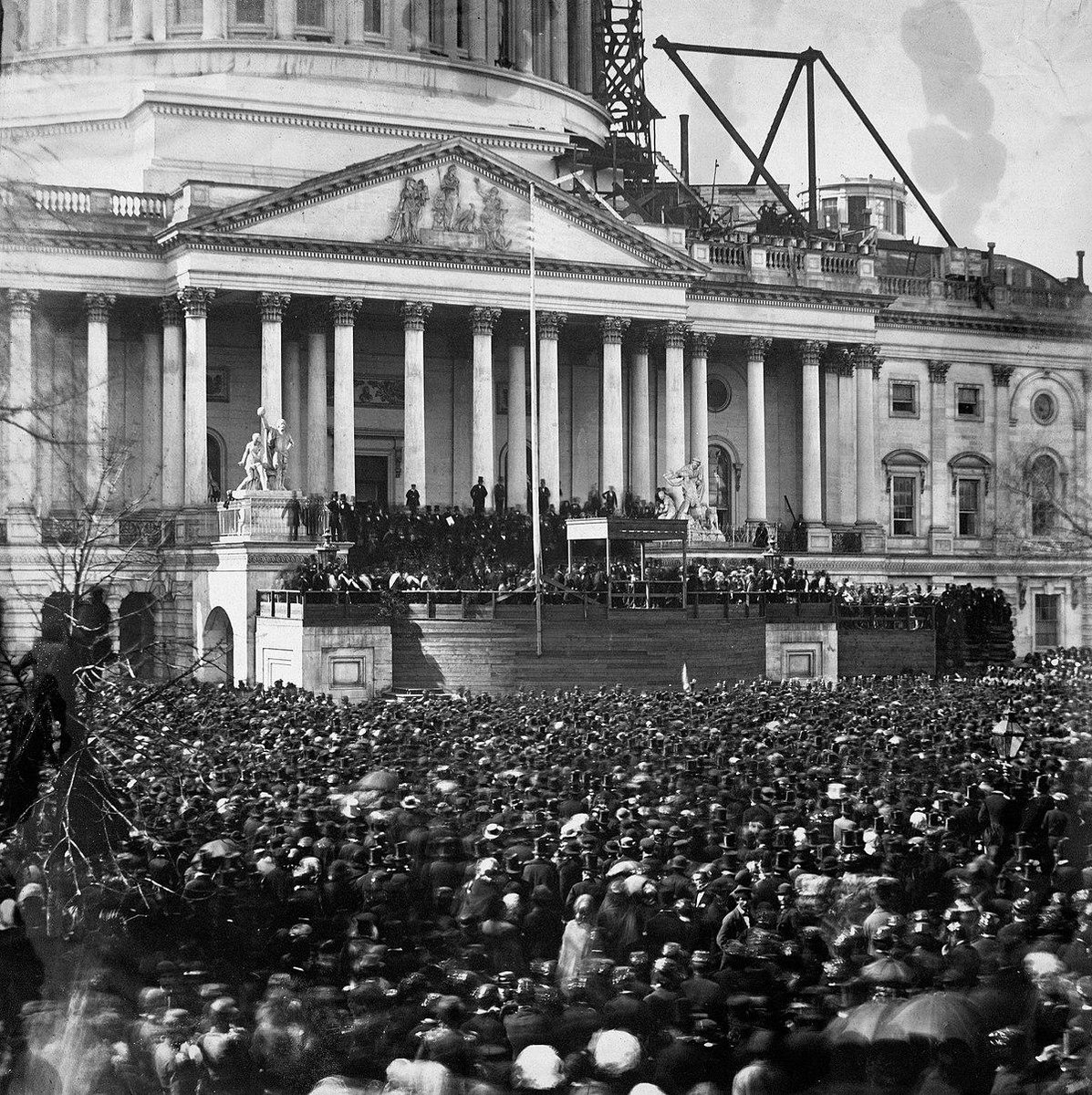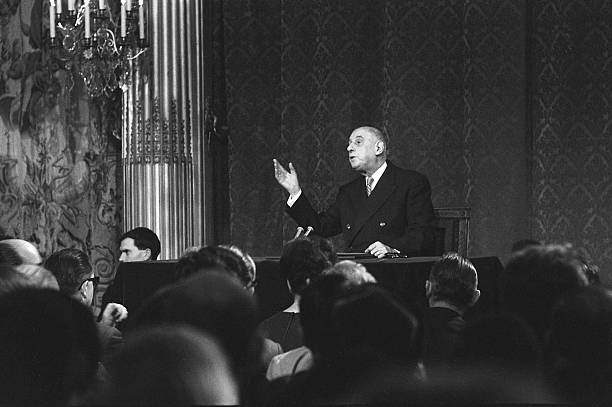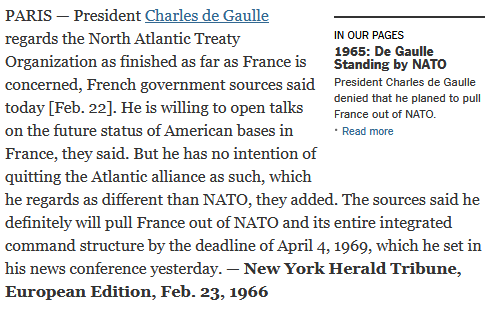As someone who grew up watching the #CivilWar documentary countless times & visiting battlefields (my mom is a Civil War buff), I thought I knew something about the #CiviWar.
But then I started studying for my PolSci PhD...[THREAD]
cambridge.org/core/journals/…
But why war?
Well, turns out they tried that

link.springer.com/chapter/10.100…
Turns out, this had implications for understanding conflict more generally, not just the #CivilWar.
For that reason, I wrote two papers:
tandfonline.com/doi/abs/10.108…
books.google.com/books?id=uIspT…
onlinelibrary.wiley.com/doi/abs/10.111…
cambridge.org/core/journals/…
washingtonpost.com/news/monkey-ca…
journals.uchicago.edu/doi/abs/10.101…
(end)













